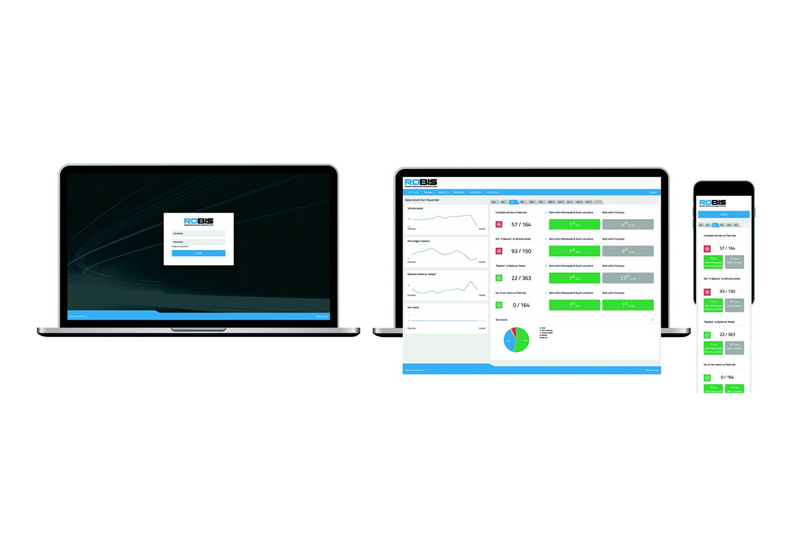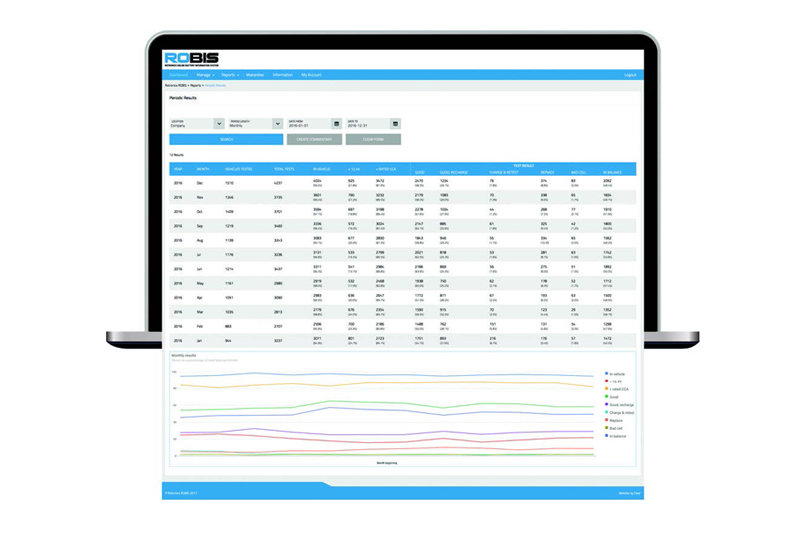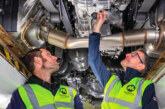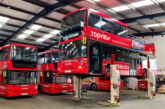
Ken Clark, Managing Director of Rotronics, looks at which battery type is best for each vehicle application, and the considerations or assessments to be made when changing battery type.
Commercial vehicle fleets often consider changing their existing battery technology because of continued battery problems, rising costs, and increased penalties for delayed services. More often than not, the fault lies with the battery management process rather than the actual battery type.
The repeated advice that Rotronics gives is that changing the battery technology alone on your fleet is not going to resolve the problem if you continue to abuse the batteries and fail to look after them – you will simply keep having the same issues. The technology may not be letting you down; it is most likely to be the charging system, the usage, the application, or lack of maintenance.
In practice
One of Rotronics’ customers is a southern-based emergency service fleet and they are currently using standard flooded maintained batteries. They approached Rotronics for help when their battery costs continued to escalate.
The workshop team at this organisation were struggling to stay on top of their battery maintenance and had been beguiled by batteries that were called ‘maintenance free’. But, ‘maintenance free’ is unfortunately a misnomer, as you still need to maintain them. Rotronics reminds customers that they shouldn’t assume that one battery fits all applications – this is not the case.
Emergency service drive cycles will vary – the loads, the routes, and engine offload will be different and the way they are maintained is different. If you don’t look after ‘maintenance free’ batteries specifically for their application, you will still have the same issues. Each type has beneficial characteristics over the traditional battery, but you will need specific management of each battery type.
Maintained batteries have benefits for high charging and discharging requirements. The electrolyte evaporates and then they are topped up and ready to go. The downside is that they need more hands-on maintenance compared to EFB or AGM battery technology.
EFB and AGM batteries are more resilient to discharge cycles of the vehicle. But, they are more costly, and if workshops do not change maintenance habits, they will not see the return on investment. Ken Clark has provided some top tips for workshops to follow, to try to make the best assessment of the batteries that are suitable for the fleet:
- Identify if the problem is with your battery technology and application or if you don’t test and charge enough
- If you introduce new battery types – be clear about what improvement you expect to see? You would hope to achieve better reliability and extended life performance
- Monitor and track the before and after if you are changing battery type
- Although there is no topping up of electrolyte with EFB and AGM batteries, you will still have exactly the same testing and charging regime. ‘Maintenance free’ is the wrong title
AGM batteries won’t explode or leak acid through abuse, but they can often expand if not cared for, because of thermal runaway, leading to defects and failure.

How can ROBIS help
The Rotronics team has been using ROBIS with many CV customers; this is an online interactive dashboard for fleet and independent workshops. ROBIS is a problem-solving tool and helps establish the best solution.
Using ROBIS as the data and visual tool to monitor any new technology you are trying within your vehicle fleet, will give you real time evidence to establish whether the investment you are making is truly going to deliver the savings and reliability you expect to see, before fully committing to replacing your existing product.
ROBIS is a tool to provide maximum ROI and give visibility of the battery health of a fleet, identify any battery problems and show what improvements can be put in place, and improve internal practices by introducing battery management processes.
ROBIS is the basis from which improvements can be made. The online interactive dashboard provides technicians with battery information which shows the health of batteries, to show the current state of health, the state of charge, how likely the batteries are to fail or have roadside defects, and the impact on fleet performance.
ROBIS provides impartial warranty proof and evidence for warranty claims. It is a tool to help you assess where your workshop is against the national average and helps you develop your own internal KPIs.
Ken Clark says: “We describe ROBIS as a team member or technician, who will work in partnership with your team to help you achieve optimal battery performance. It also has responsibility for the road map that ensures your vehicles start first time, your vehicles reach their destination on time, you receive no late delivery fines, and you achieve positive warranty claims because of consistent battery management quality standards and workshop practices.”








